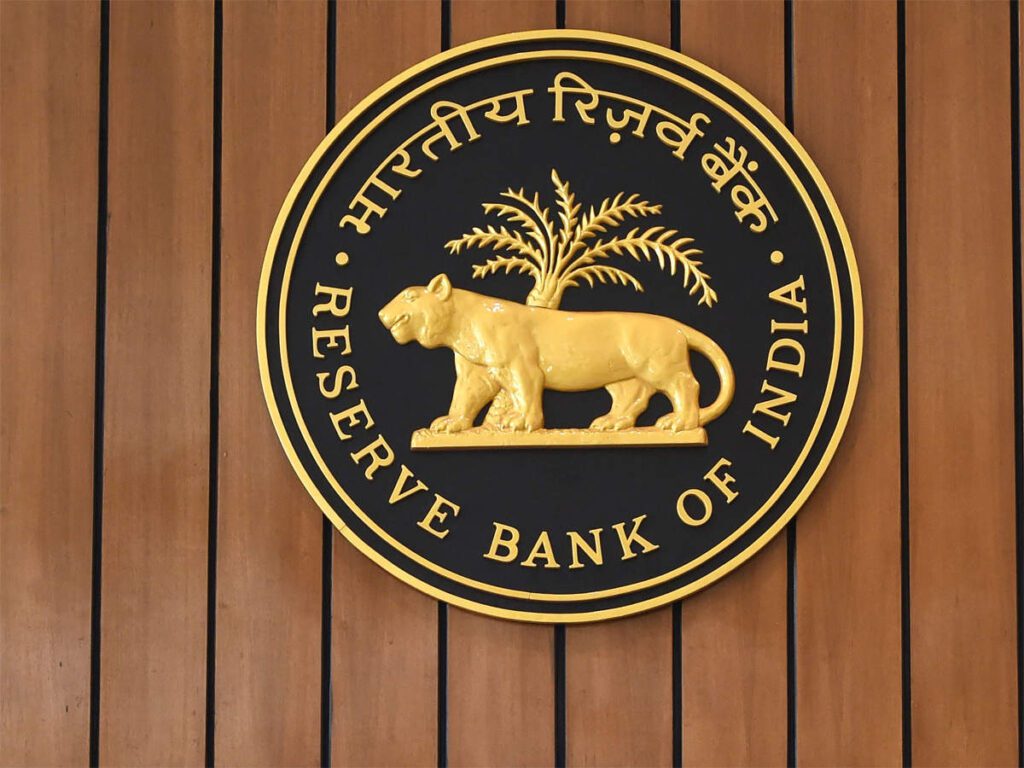The Reserve Bank of India (RBI) has issued a stern warning against deceptive advertisements luring borrowers with false promises of loan waiver.
These misleading campaigns, widely disseminated through print and social media, have caught the attention of the RBI.
Disturbingly, certain entities are actively promoting such initiatives and charging unwarranted service or legal fees for issuing ‘debt waiver certificates’ without any legitimate authority.

Alarming reports indicate that in some areas, individuals are running campaigns that directly undermine the legitimate efforts of banks to enforce their rights over the securities held. These entities are spreading misinformation, falsely asserting that financial obligations to institutions, including banks, do not require repayment.
Such misleading activities not only jeopardize the stability of financial institutions but also pose a significant threat to the interests of depositors.
It is crucial to recognize that associating with these deceptive entities can lead to direct financial losses. The RBI urges the public to exercise caution, remain vigilant, and verify the legitimacy of any claims related to loan waiver.
This advisory serves as a reminder that maintaining the integrity of financial transactions is paramount for the well-being of both the banking sector and the depositors.
The RBI emphasizes the potential for direct financial losses associated with engaging with these misleading entities and urges the public to exercise caution and diligence. It is crucial for individuals to verify the legitimacy of any claims related to loan waivers, and to refrain from associating with entities that could compromise their financial well-being.
This advisory serves as a clear indication of the RBI’s commitment to maintaining the stability and integrity of the financial system, and it underscores the importance of responsible financial practices for both lenders and borrowers alike.
Projects without allocated budgets: Prohibition on the reallocation of funds
